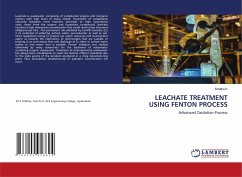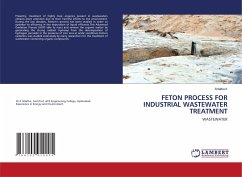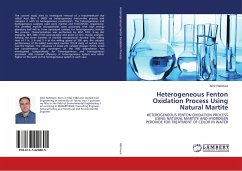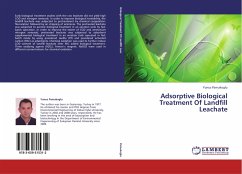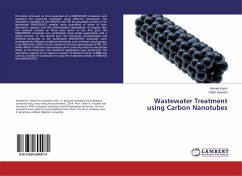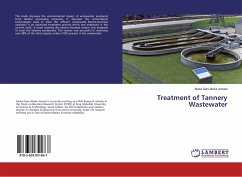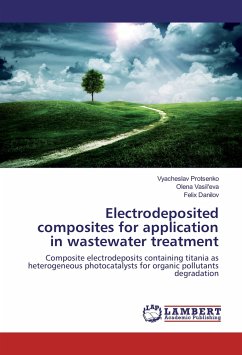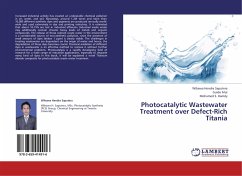Leachate is wastewater composing of complicated organic and inorganic matters with high levels of heavy metals. Treatments of complicated industrial leachates need intensive processes at high operational costs. Apart from the organic and hazardous compounds, leachate contains a high ammonium concentration that could reach a few thousand milligrams per litre . The paramount risk exhibited by Landfill Leachate (LL) is its potential of polluting surface water, groundwater as well as soil. Strict regulations owing to protect our water resources and environment aspire us towards the exploration of technologies that are capable of treating LL to such extent that safe discharge of LL either in surface water bodies or into sewer lines is possible. Fenton oxidation was studied extensively by many researchers for the treatment of wastewater containing organic compounds Treatment of pharmaceutical wastewater has always been troublesome to reach the desired effluent standards due to the widevariety of the products produced in a drug manufacturing plant, Thus fluctuations simultaneously of pollutant concentration will occur.
Bitte wählen Sie Ihr Anliegen aus.
Rechnungen
Retourenschein anfordern
Bestellstatus
Storno

